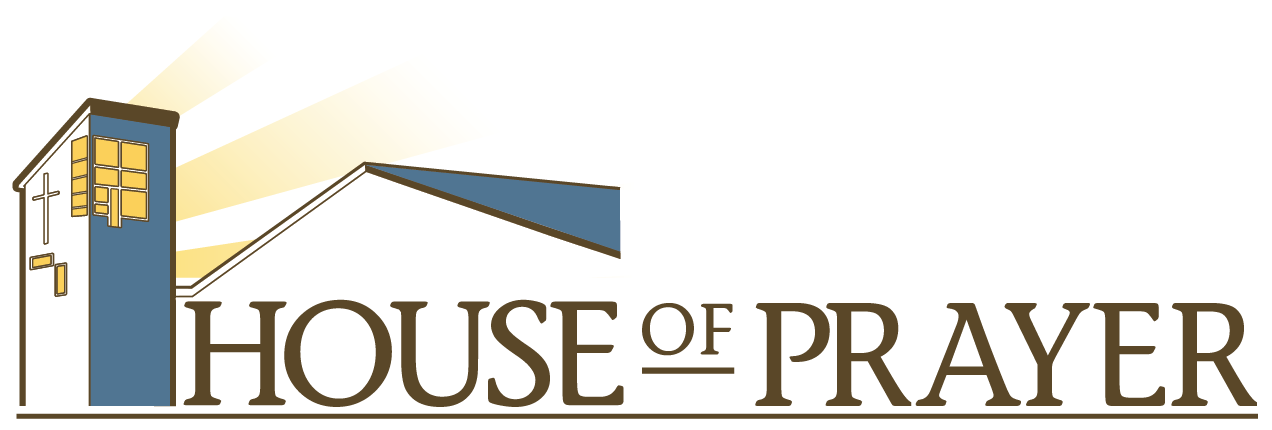Sermons
April 8, 2024
Grace, Peace, and Mercy from our Lord and Savior Jesus Christ. Amen. I’m almost certain that at least one of the following phrases has been said to you, or maybe you have said them at some point of your life, I know I have: “They just don’t make them like they used to”, “Nothing like the […]
April 1, 2024
Grace, Peace, and Mercy from our Lord and Savior Jesus Christ. Amen. To begin an Easter Sermon, we must begin by praising God. Back home in Puerto Rico, it is almost a requirement for the congregation to respond to the preacher, so I’ll take advantage of this to teach you a little Spanish today: I will […]
March 18, 2024
Grace, Peace, and Mercy from our Lord and Savior Jesus Christ. Amen. Some of my favorite sources of inspiration are movies. And when approaching this text from John’s Gospel, inspiration struck me once more from a Japanese film by the great Akira Kurosawa. I’ll be spoiling it for all of you a little bit, but it’s […]
